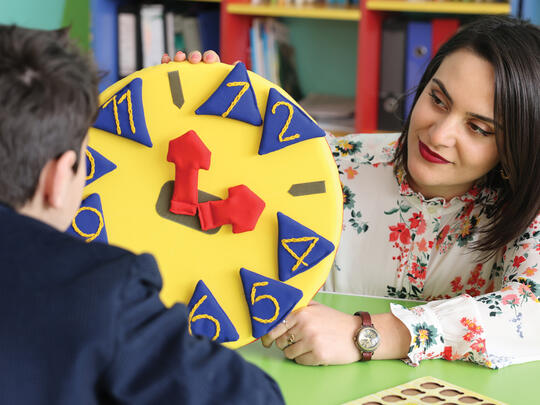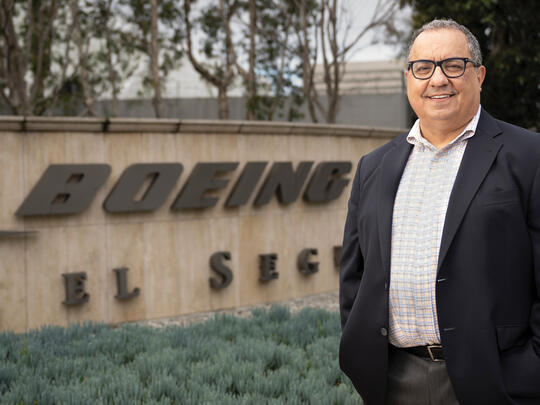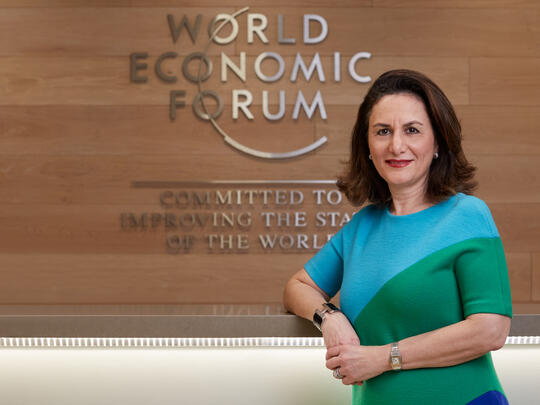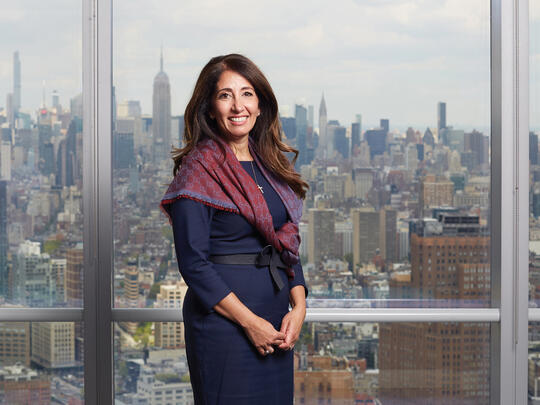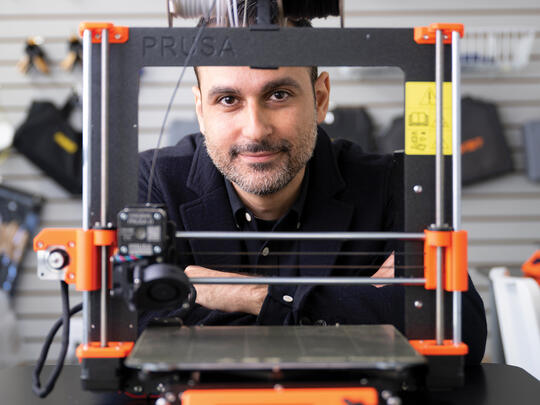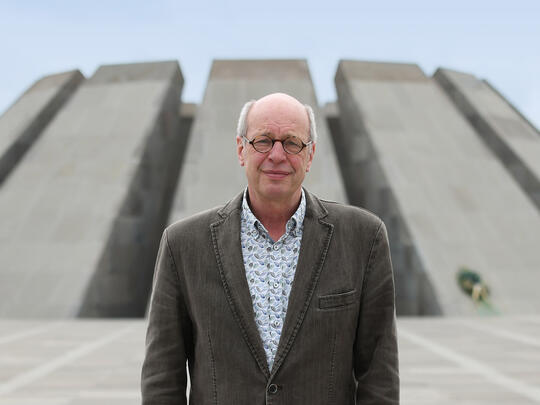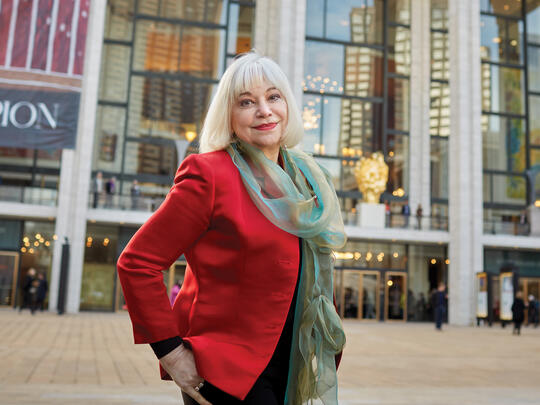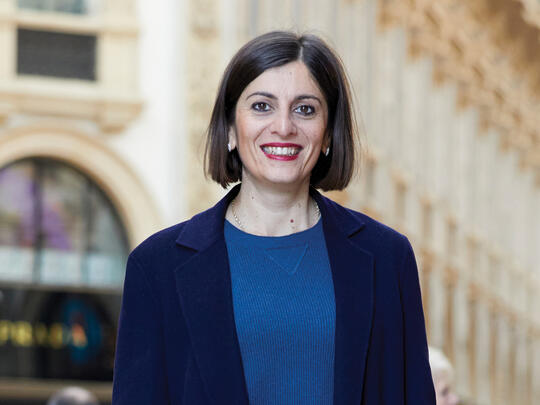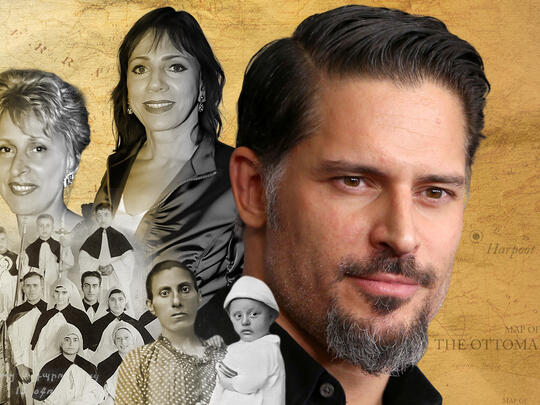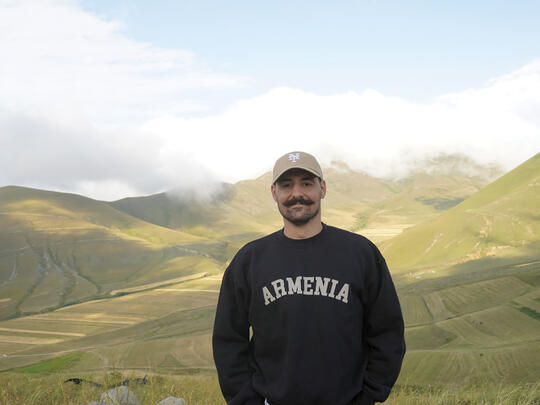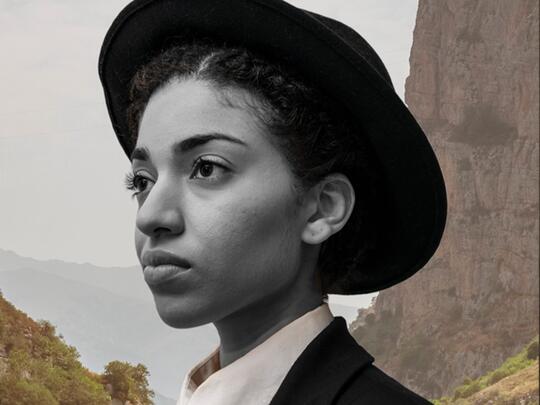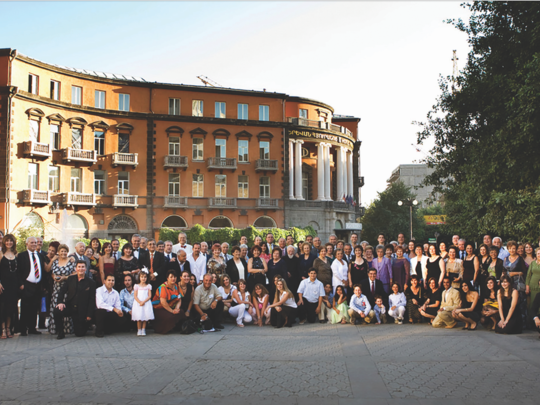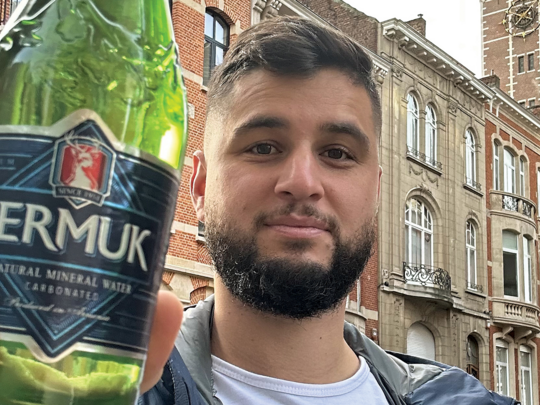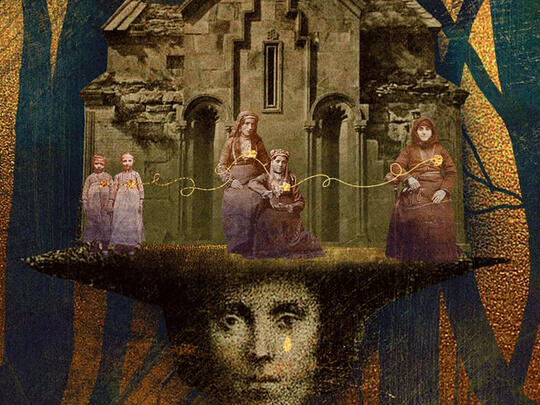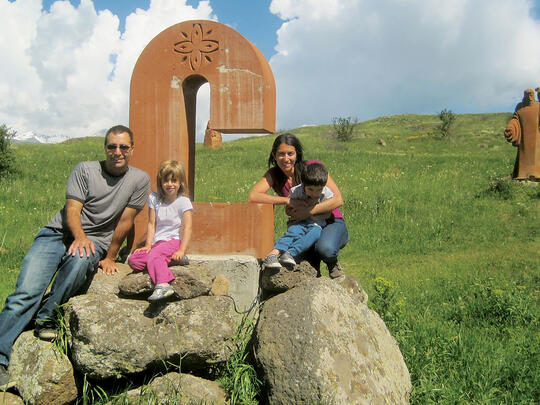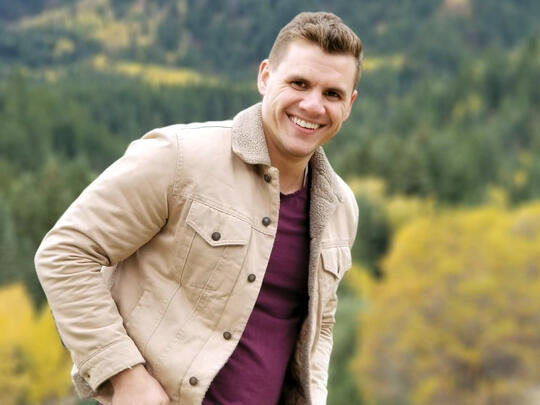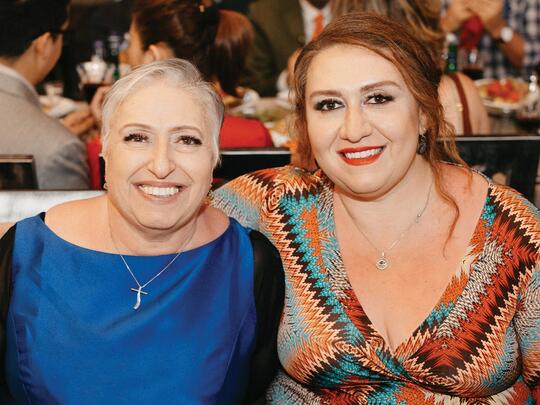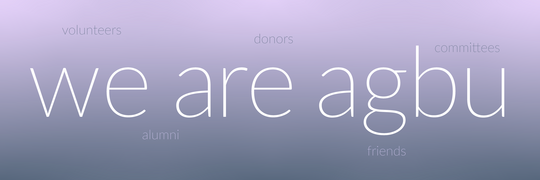
Sewing the Fabric of Family
Arshagouhi Tavitian
“The Armenian soul has always been strong—it is in our history as a people.”
Arshagouhi Tavitian’s story is one of survival and resilience—one that began in Lebanon as a young widow and was marked by a search for a better life for her children.
She was only 28 when she lost her husband, Mardiros Tavitian, to cancer after eight years of marriage in Bourj Hammoud, Beirut’s predominantly Armenian neighborhood. Her eldest child was seven years old, her youngest barely six months. Before Mardiros died in 1961, he told Arshagouhi that she would have to be both a mother and father to their four children: Arpi, Avedis, Seta and Ara. She took that advice to heart. They attended the AGBU Demirdjian School until 1968, when they moved to West New York, New Jersey.
“When we first came to America, I had significant doubts,” Arshagouhi says. “Our path was not easy, but slowly we found ourselves and worked hard. I always gave my children strength that they will succeed.”
With a certificate in handiwork and Maison de Haute Couture diploma from Lebanon, she began working as a seamstress locally, regularly walking home for lunch so that her children would not feel her absence. She also took an evening job doing alterations for an upscale store, and her mother helped with the children.
A friend recognized Arshagouhi’s talent and encouraged her to apply for a job in New York City’s garment district, where she began sewing original samples at Herbert Kasper. During her 16 years there, she recalls sewing evening gowns for the likes of First Lady Rosalynn Carter and First Daughter Maureen Reagan, among many other celebrities. She later held a job at Ann Lawrence, another renowned American designer.
Despite the multiple hardships, she always focused on the positive. Arshagouhi, who also attended the AGBU Tarouhy Hagopian High School, emphasized the importance of education, never missing a graduation ceremony for her children.
“Our mother is an extremely positive and resilient person,” they say. “Driven by her faith, she overcame many personal challenges, and serves as an inspiration and guiding light to our entire family.”
In 1991, Arshagouhi relocated to Glendale, California to be closer to family. It was there that she met Sona Yacoubian, and their friendship became a fortuitous union. They founded AGBU Hye Geen in 1994, organizing numerous events over the years focused on women’s issues. The group has held panels on mental health and domestic violence, encouraging open discus- sion about pressing issues facing women around the world.
During AGBU’s 2012 General Assembly in Armenia, the new AGBU Hye Geen Pregnant Women’s Center in Yerevan was named after her, in recognition of her sponsorship, and she continues to fund the center every year. This dedication was particularly meaningful to Arshagouhi because her father nicknamed her “Yerevan” as a child. Additionally, she organizes an annual donation drive of handmade blankets and baby clothes for women at the center.
Arshagouhi has traveled several times to Armenia and Jerusalem, always bringing home candles from the churches. In 2014, she participated in a pilgrimage to historic Western Armenia, another example of her deep connection to her heritage and community. Her parents, Ovsanna and Krikor Hovsepian, were survivors of the Armenian Genocide.
In 2018, almost exactly 50 years after she packed her suitcases to leave Beirut, she and her children returned to organize a requiem service for Mardiros. When the priest prayed for his soul at the cemetery, she finally lit the Jerusalem candles she had been saving all those years.
Today, Arshagouhi is a proud grandmother of 11, with one great grandchild and two more on the way. Her dedication to family is apparent in her relationship with her grandchildren, for whom she has been a consistent presence at sporting events, recitals and grandparents’ days.
“I was born and raised Armenian, and staying close to my culture and language is paramount to me,” Arshagouhi says. “The Armenian soul has always been strong—it is in our history as a people.”



